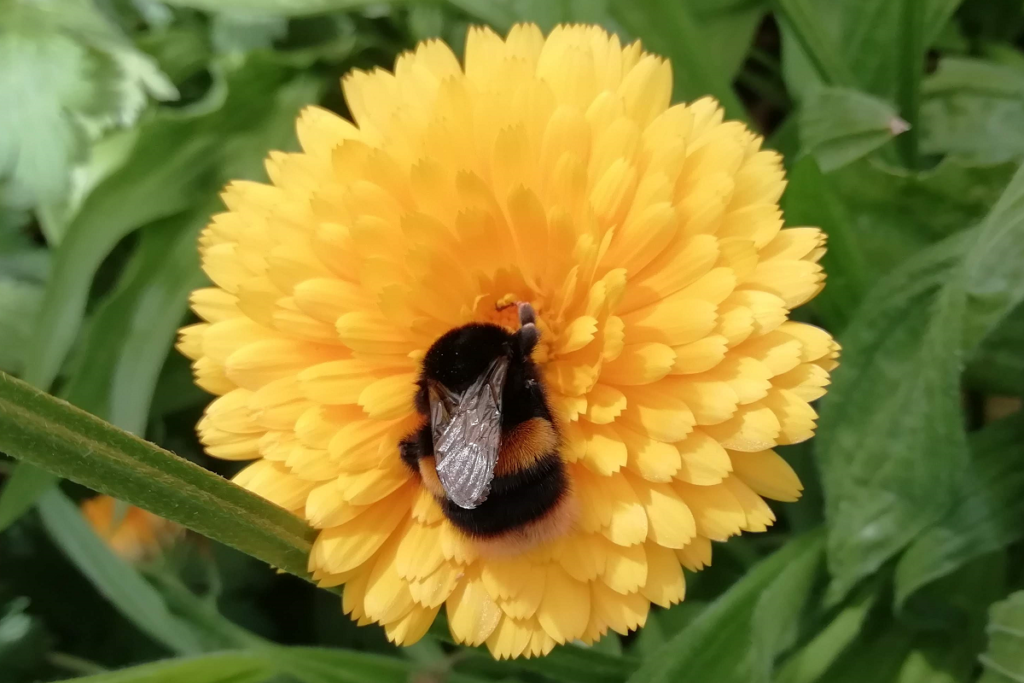How to attract pollinators
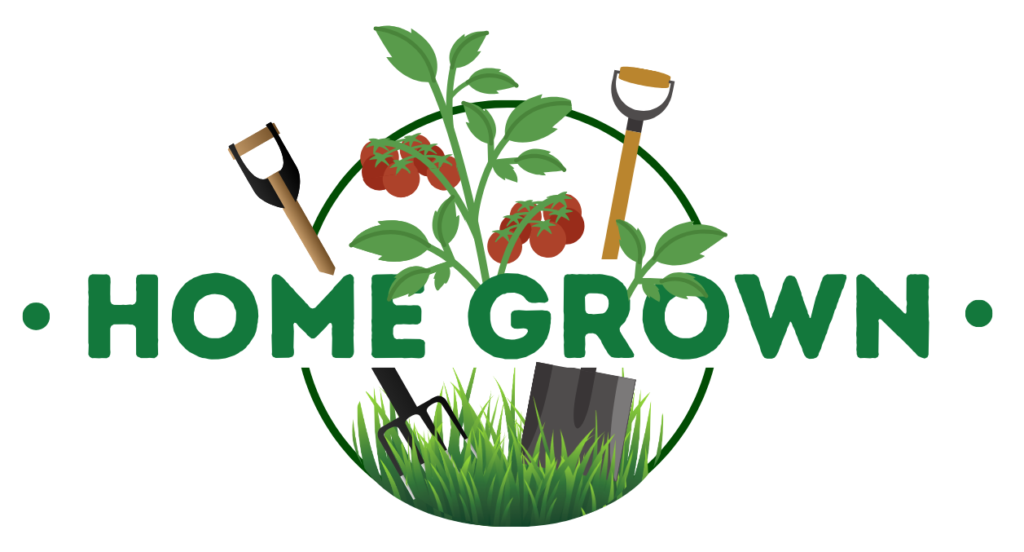
Pollinators are hugely important in any garden! Butterflies, moths, bees and hoverflies all need sources of nectar and pollen to thrive. As they travel from flower to flower, they also pollinate them, enabling them to set seed or bear fruit. Many vegetable crops need to be pollinated, so why not set up a ‘nectar café‘ to attract them into your growing space?!
Click through to the Wildlife Trust’s ‘best plants for bees and pollinators’ page
Why are pollinators so important?
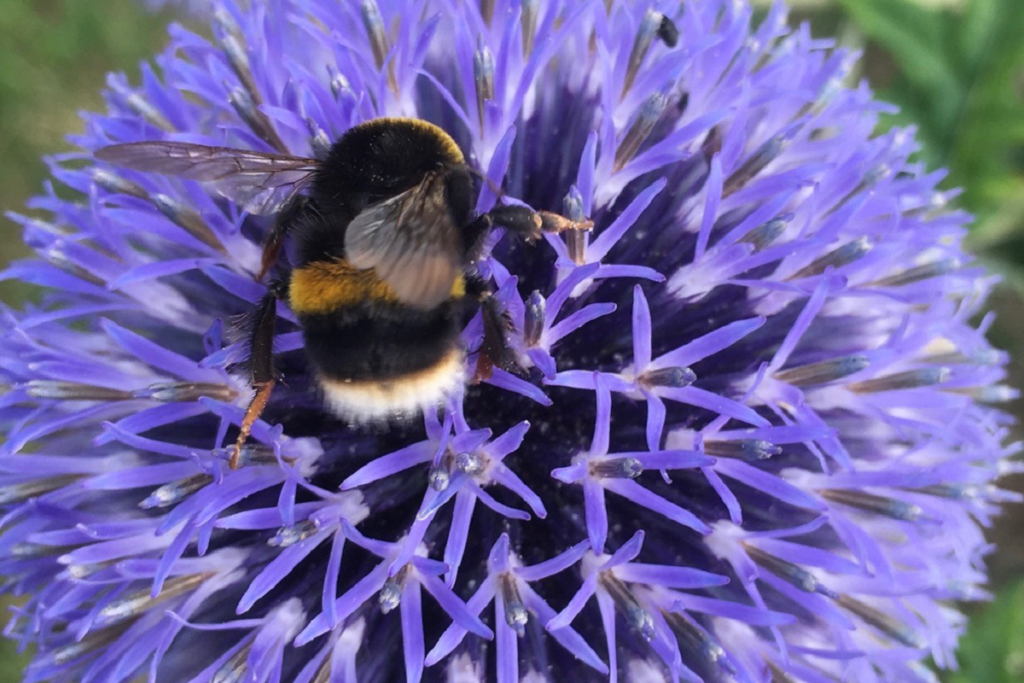
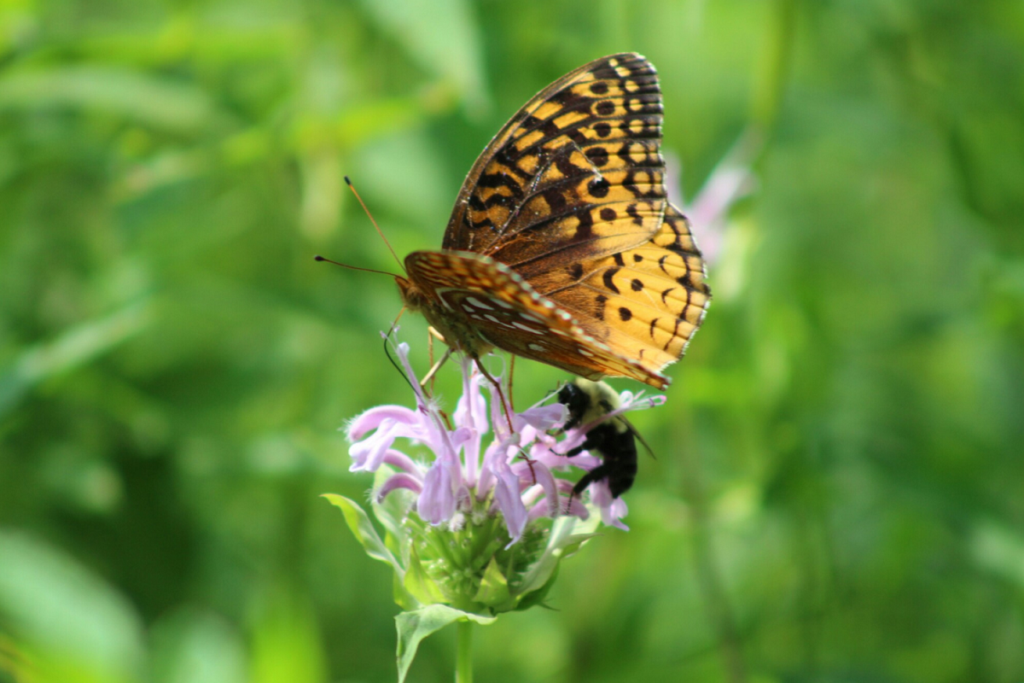
- They boost plant growth. Many garden plants, including flowers, fruits, and vegetables, rely on pollinators like bees, butterflies, and hoverflies to reproduce and grow
- Encourage biodiversity. Pollinators support a diverse range of plants, which in turn provide food and habitats for other wildlife, including birds and small mammals
- Enhance crop yields. Popular British garden crops such as apples, strawberries, tomatoes, and courgettes (and more!) depend on pollination to produce a good harvest
- Support ecosystems. Pollinators are part of a wider ecosystem that ensures the health of natural landscapes, from wildflowers to hedgerows
- The protect native species. Many native British wildflowers need pollinators to survive, preventing the loss of important species.
Due to habitat loss and pesticides, pollinator populations are declining, making it more vital than ever to create pollinator-friendly gardens with nectar-rich plants, wildflowers, and reduced pesticide use.
Creating your very own ‘nectar café’
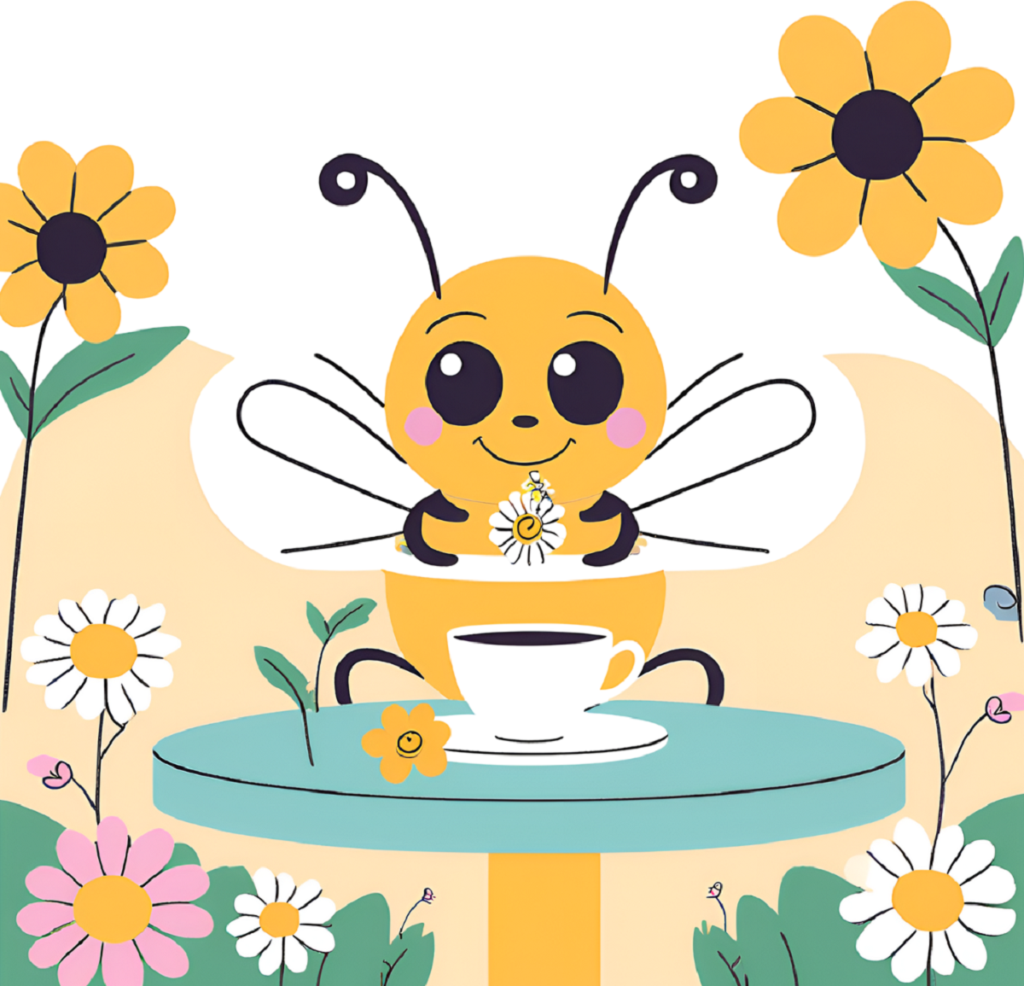
- Select a sunny, sheltered location for your plants.
- Group plants in clusters or drifts to enhance their color and fragrance, making them more noticeable to pollinators.
- Extend the blooming season by choosing a variety of plants that flower from early spring through late autumn.
- Opt for simple, open flowers, such as traditional cottage garden varieties, which are easier for insects to access.
- Include night-scented flowers to provide an evening food source for moths.
- Incorporate herbs into your garden, as they are highly attractive to pollinators, or consider creating a dedicated herb garden.
You can make your nectar café with companion plants for the produce you are growing as they are often selected for their pollinator attracting qualities. Companion planting is the practice of growing two or more plants together to create a mutually beneficial relationship.
This traditional and widely used gardening technique can maximize space, help prevent disease, repel pests, and offer plants natural support.
